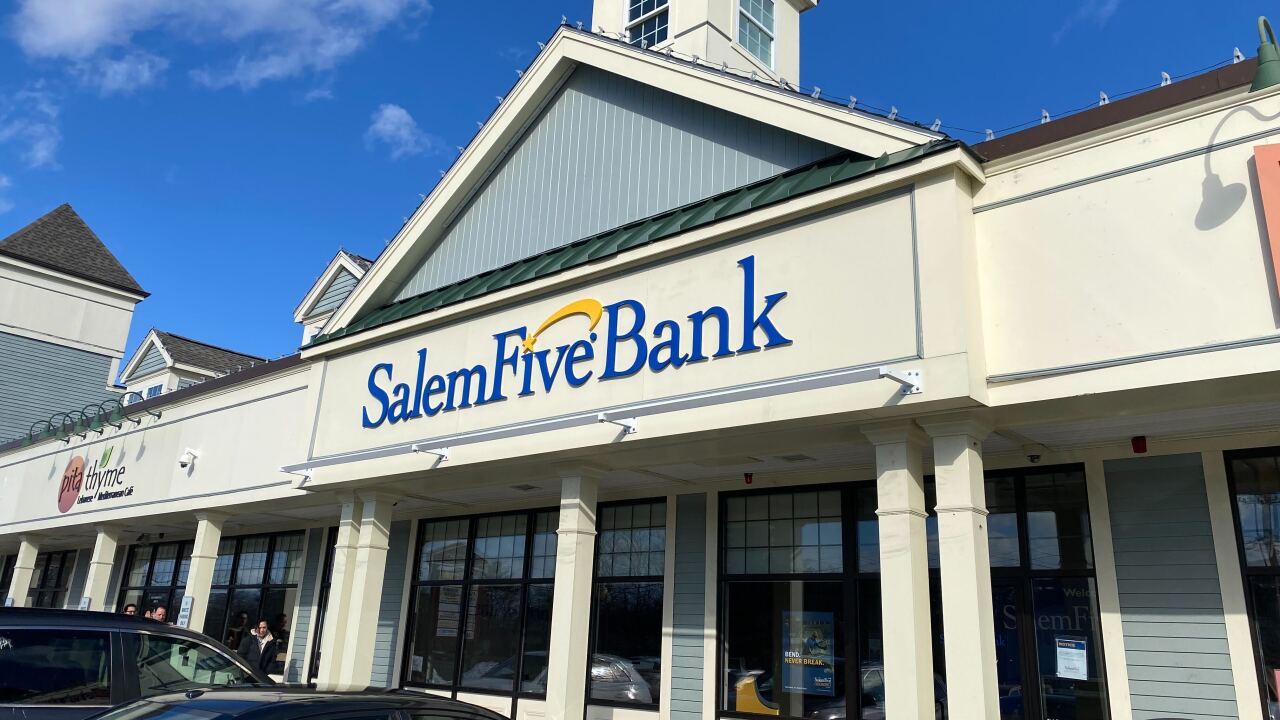A transit open-loop fare collection pilot in New Jersey that uses a Visa-branded prepaid debit card could help change the traditional notions about how to distribute a general-purpose reloadable product to financially underserved consumers, notes an industry observer.
Camden, N.J.-based Port Authority Transit Corp. is partnering with Cubic Corp. in a 12-month pilot to enable commuters to pay both transit fares and retail purchases using the same card.
Commuters may reload the card accounts for free with cash or by using a credit or debit card at kiosks located inside train stations. The minimum load at a kiosk is $10, but cardholders also may reload the card account for free online with as little as $1.
The authority provides the card at no cost, and it charges no monthly maintenance fee. The Bancorp Bank issues the card.
“You have a prepaid card program that, in some ways, is using the transit infrastructure to solve two big problems: distribution and reloading,” says Ben Jackson, a senior analyst with the prepaid advisory service at Mercator Advisory Group.
The card’s reload network should be the most attractive feature to financially underserved commuters, Jackson says. The ability to load an account free at a kiosk “is certainly more convenient and efficient for someone who is cash-based and has to buy a reload card, go online to load the [account] and wait for that money to hit the card,” he adds.
Indeed, the authority is marketing the card to the financially underserved, Kathleen Imperatore, director of fare collection operations for the organization, tells PaymentsSource.
“I think if there was a monthtly fee or purchase price, they definitely wouldn’t want to use this,” Imperatore says.
The agency for the next two weeks is distributing the card at train stations throughout the system. Consumers also can get a card at the Walter Rand Transportation Center in Camden or by ordering one online.
The agency will use the pilot to assess the cost of an open payment system, Imperatore says.
“We have no idea how much this will cost us or if there truly is a benefit for the agency,” she adds. Cubic provided free contactless readers for the pilot.
Even if the system makes financial sense for the agency, there is a chance the authority discontinues the card if larger transit agencies do not make the switch as well, Imperatore notes.
Some 38,000 commuters use the commuter-rail system daily, mostly for travel to work in Philadelphia. There, commuters use the Southeastern Pennsylvania Transportation Authority to travel within the city.
Imperatore believes it would greatly benefit commuters to use one card for two different systems.
“[Open-loop systems] are obviously the trend,” Imperatore says. “We’re small, but we don’t want to be stuck doing something that other agencies aren’t doing.”
The Southeastern Pennsylvania Transportation Authority expects to fully implement an open-loop contactless system in three years.
New Jersey Transit also has an open-loop fare collection system on six bus routes.
If the pilot is successful and the open-loop prepaid transit model moves to bigger cities, it could present a problem for Green Dot Corp. and NetSpend Corp., Jackson believes.
“If enough people were to adopt this, it could be a threat to them because of that really easy cash load,” Jackson says. “You’re getting to these people where they live and work everyday, and there is no question of where’s the reload network.”
Cardholders also may choose to reload the card account at any Visa ReadyLink location. Costs for a reload vary by retailer.
What do you think about this? Send us your feedback.




